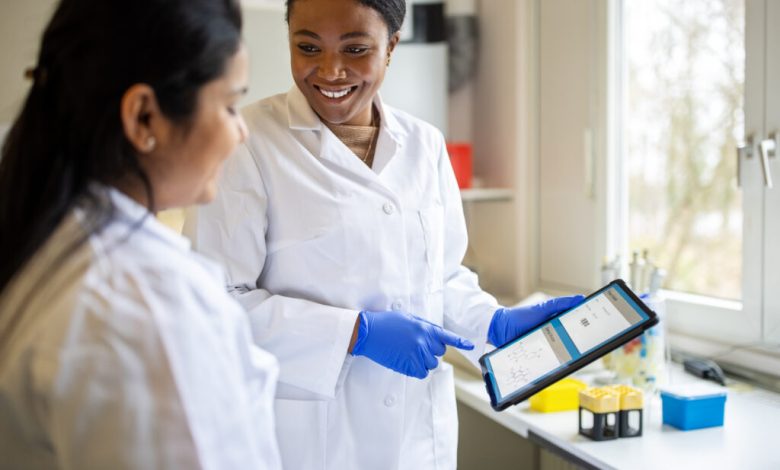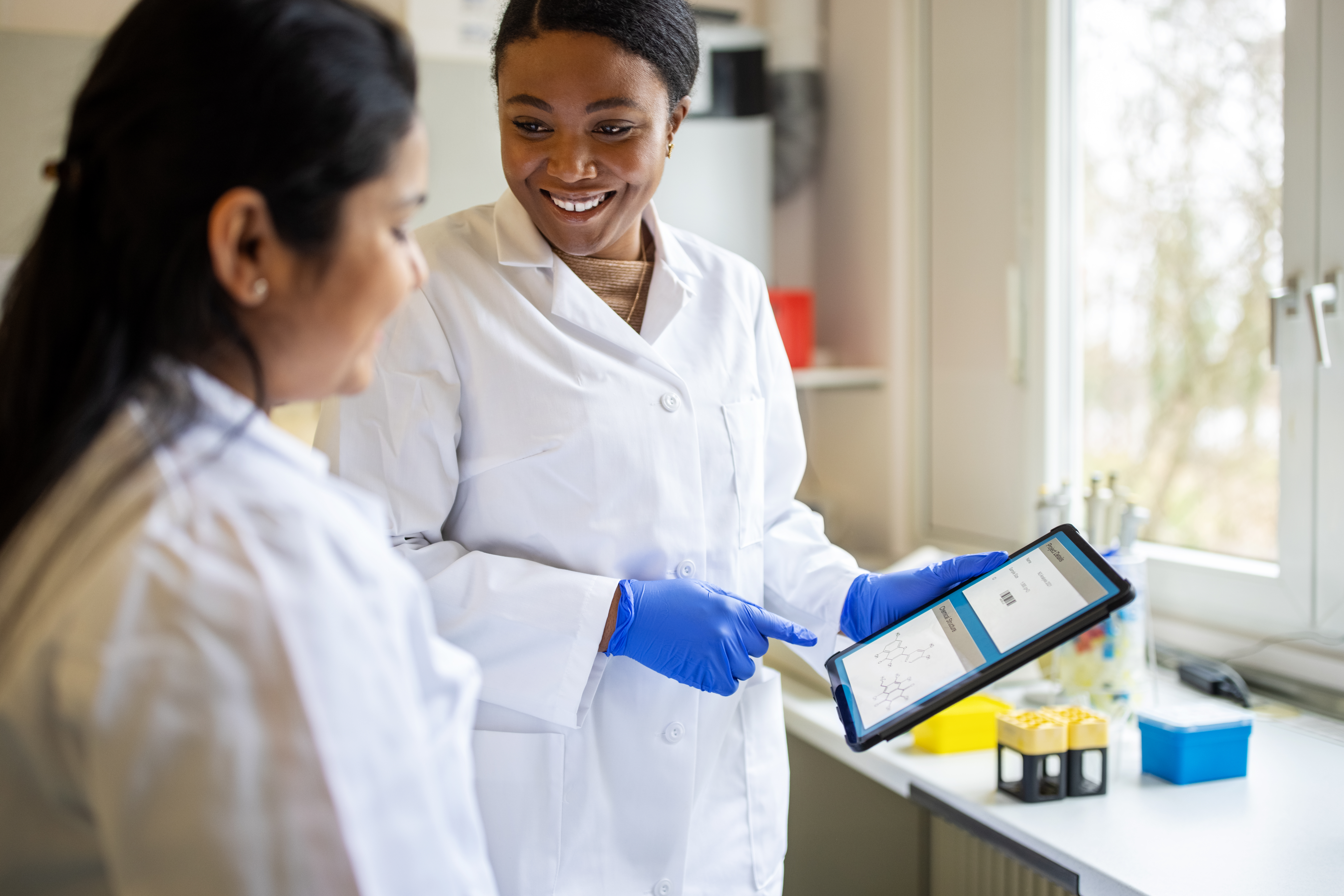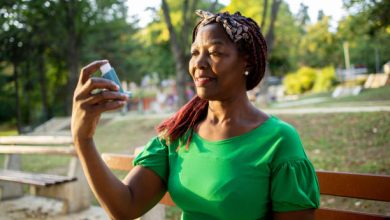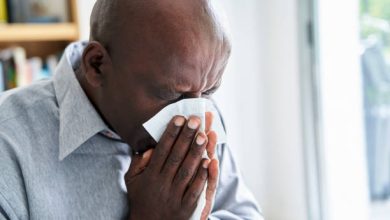Morehouse School of Medicine is Partnering With Yale for Equitable Clinical Trials – BlackDoctor.org


Clinical trials are crucial in developing new medications and treatments, ensuring they are safe and effective for the populations that will use them. However, for too long, many trials have lacked adequate representation from diverse racial and ethnic groups, especially Black Americans. This lack of diversity can lead to potentially dangerous blind spots when bringing new drugs to market.
In a conversation on BDO, the W. Montague Cobb Institute discussed a partnership to create better health equity in the clinical trials space. The Equitable Breakthroughs in Medicine Development (EQBMED) program from Yale is working with the Morehouse School of Medicine to increase diversity in clinical trials. Dr. Elizabeth Ofili, a cardiologist at Morehouse Healthcare explained, “The objectives that they put before us as network partners are how can we engage more minority patients. How can we demystify the clinical trial process?”
Denouncing Tuskegee
One major barrier has been a lingering historical mistrust within communities of color regarding medical research due to unethical studies like the Tuskegee syphilis study. As Dr. Randall Morgan from the Cobb Institute noted, “The reluctance [to participate in clinical trials] was totally based upon the United States Public Health Service study, which occurred in Tuskegee, Alabama…this has become the poster child of all the ways not to perform clinical trials.”
Partnering with credible organizations
To help build trust, EQBMED focuses on partnering with sites and organizations with deep roots and credibility within their local communities, like Morehouse. “It’s important that you go to trusted providers,” said Dr. Ofili. “So you can stand up a trial and, you know, if people are really, really sick and they wanna participate, maybe they will, but it really helps if they hear from their doctor.”
Bringing trials to the patients
In addition to recruiting trusted community voices, EQBMED aims to increase accessibility by bringing trials directly to locations where diverse patients already receive care. As Dr. Ofili explained, “If someone is going to a federally qualified center or seeing their primary care doctor in the community…and all you’re doing is setting up this site at a big academic center, then that’s not accessible.”
Working with ambassadors
Another key strategy is involving community members and cultural ambassadors in the design and implementation of the trials from the very start. “We’re going to be monitoring through focus groups, through engagement of community leaders, community health workers, cultural ambassadors,” said Dr. Ofili.
The clinical insights gained from more diverse trials can be invaluable as well. As Dr. Ofili shared about the African American Heart Study she is involved with, “When people understand…and then they see, my patients will come in and say to me, I did not know if I went for a walk, my blood pressure would come down.”
By listening to communities, increasing accessibility, and centering patient voices, EQBMED aims to lay the groundwork for clinical trials that are far more equitable and representative going forward. As Dr. Morgan stated, “When a community is healthy, all will prosper.” Advancing diversity in clinical trials is not just good science, it’s vital for advancing equitable healthcare for all.




